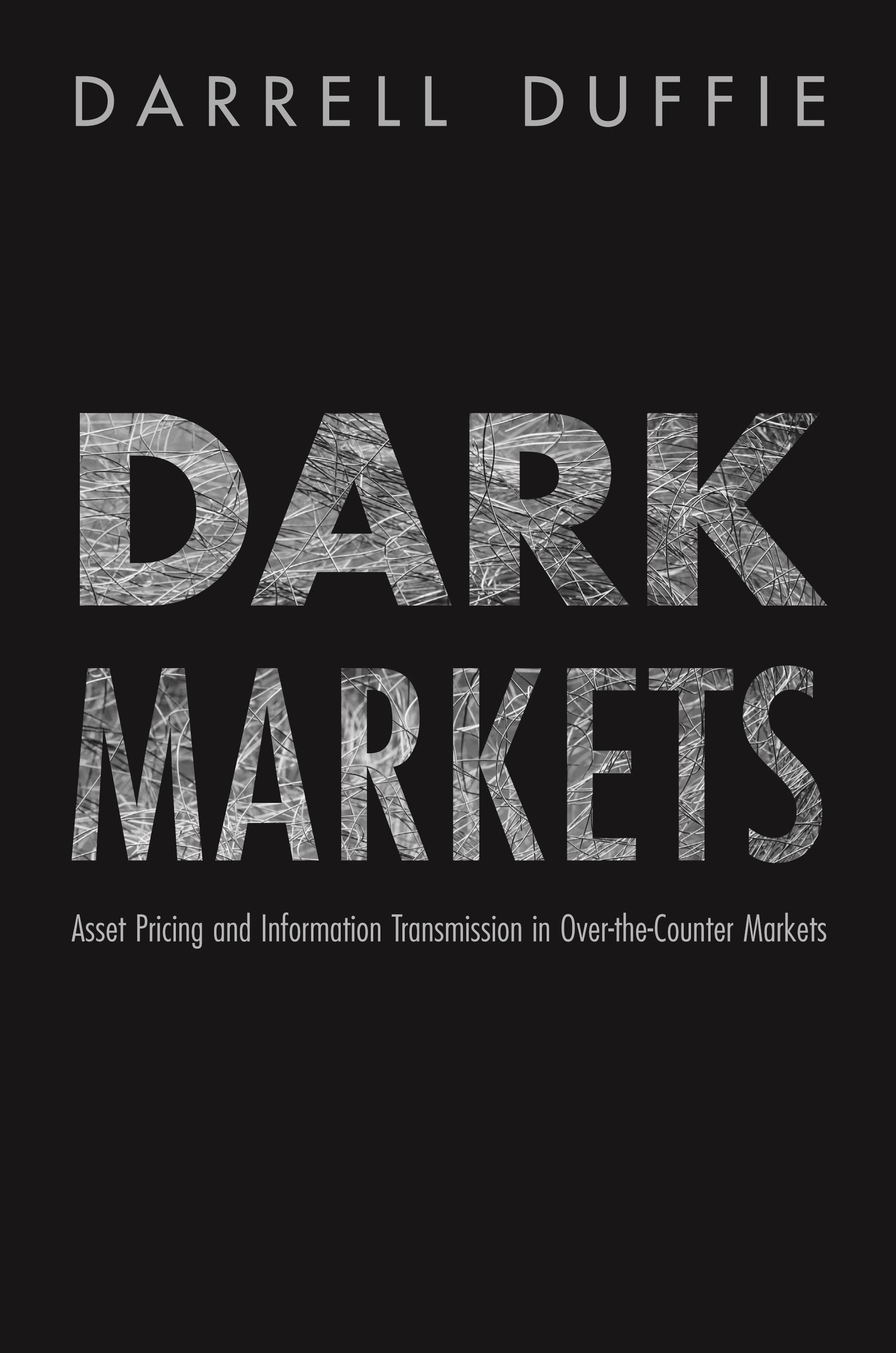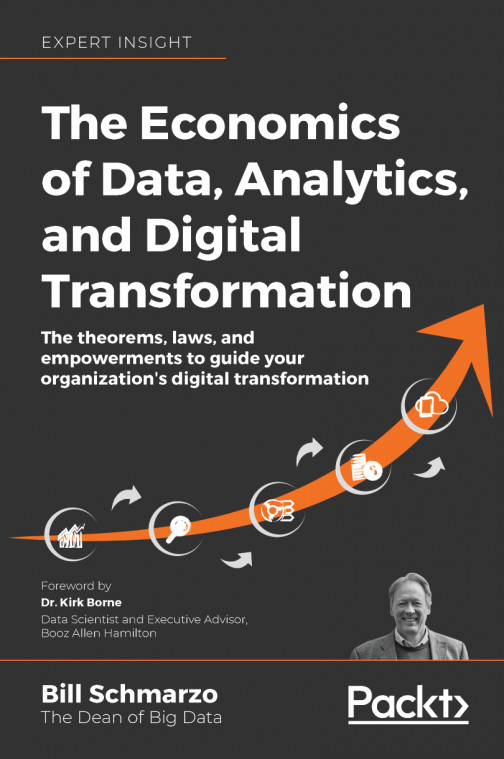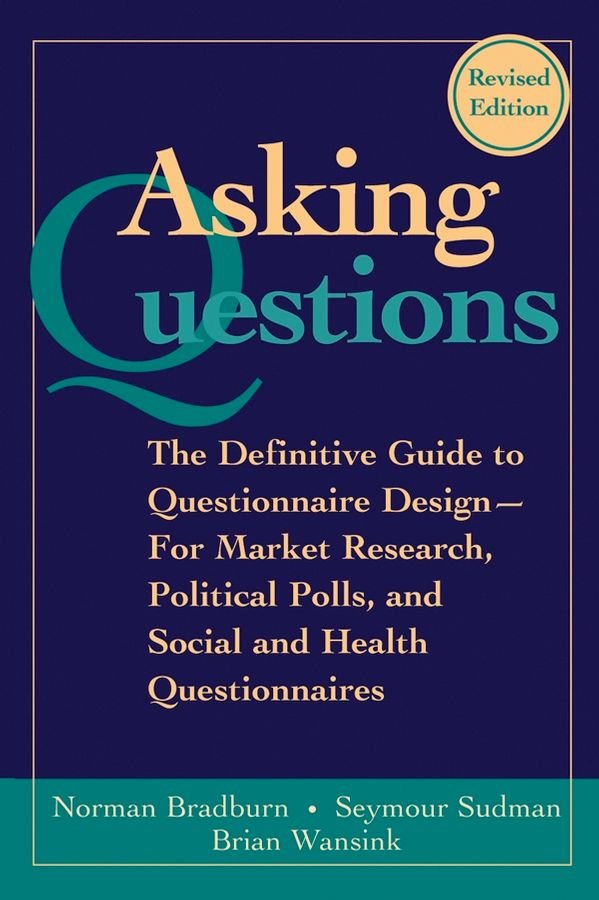The six studies in this volume represent investigations into aspects of the management of government enterprise. For the most part the concern is with those governmental units or agencies that provide products having nongovernmental counterparts. In each case the enterprise is taken as given, and there is no attempt to justify the participation of government in the production of goods. Instead, these studies attempt to define the positions and the functions of the decision makers, to evaluate product and pricing decisions and to specify appropriate mechanisms for providing the adequate and timely information required for efficient control. The first two studies examine the managerial role. James Suarez defines an enviornment in which the typical public or private sector classification does not apply. Given the monopsonistic position of the government in the armaments market, many managerial marketing decisions are not available to private firms. Thus the objectives of the participants in this market appear to be confounded. Suarez investigates this interdependent relationship. 8 STUDIES IN THE MANAGEMENT OF GOVERNMENT ENTERPRISE In “A First Approach to the Economic Theory of College Management,” Barry Bressler addresses the problem of resource allocation within the college establishment. Bressler draws on utility theory to define the manager’s objective function and on the imposed budget reductions suffered by units of the City University of New York to suggest some of the implications of this managerial construct. The third and fourth papers concentrate on the products of two government enterprises.












